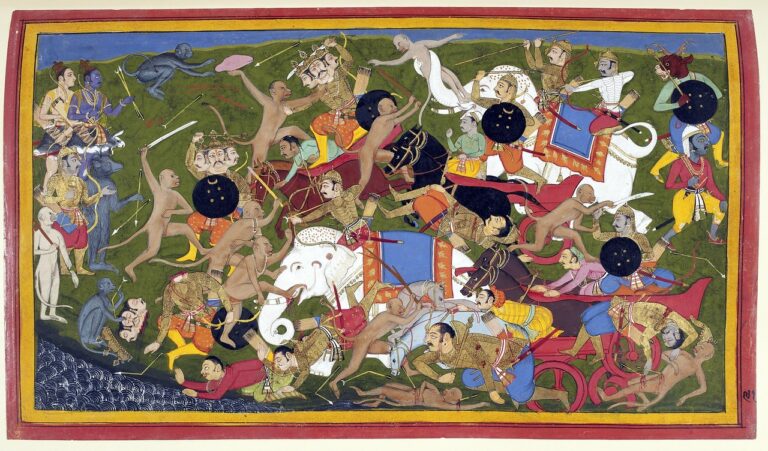Exploring the Impact of Voter Registration Laws on Election Projections: Allpannel, Cricket id online, Gold365 betting
allpannel, cricket id online, gold365 betting: Exploring the Impact of Voter Registration Laws on Election Projections
In recent years, voter registration laws have become a hot topic of debate in the United States. Proponents argue that these laws are necessary to prevent voter fraud and maintain the integrity of the electoral process. However, critics claim that these laws disproportionately affect minority and low-income voters, making it harder for them to exercise their right to vote.
But what impact do these voter registration laws actually have on election projections? Let’s dive into the data and explore this important issue.
The Basics of Voter Registration Laws
Voter registration laws vary from state to state, but they generally fall into two categories: strict and lenient. Strict voter registration laws require voters to provide specific forms of identification, such as a driver’s license or passport, in order to register to vote. Lenient voter registration laws, on the other hand, allow for more flexibility in the types of identification that can be used.
The Impact on Voter Turnout
One of the most significant impacts of voter registration laws is their effect on voter turnout. Studies have shown that strict voter registration laws tend to lower voter turnout, particularly among minority and low-income populations. This can have a direct impact on election projections, as lower voter turnout often leads to less accurate polling data.
The Role of Voter Suppression
Critics of voter registration laws argue that these laws are a form of voter suppression, intended to disenfranchise certain groups of voters. By making it more difficult to register to vote, these laws can effectively suppress the turnout of minority and low-income voters, who are less likely to have the specific forms of identification required.
The Legal Challenges
The legality of voter registration laws has been the subject of numerous legal challenges in recent years. Advocacy groups, such as the ACLU, have argued that these laws violate the Voting Rights Act and disenfranchise certain groups of voters. As a result, many voter registration laws have been struck down or amended to be less restrictive.
The Impact on Election Projections
So, how do voter registration laws affect election projections? In short, these laws can skew projections by lowering voter turnout among certain demographics. Polling data relies on a representative sample of the population, so any factors that reduce turnout among certain groups can lead to inaccurate projections.
FAQs
Q: Do voter registration laws vary by state?
A: Yes, voter registration laws vary widely from state to state, with some states having very strict requirements and others being more lenient.
Q: Are voter registration laws effective at preventing voter fraud?
A: While voter registration laws are intended to prevent voter fraud, there is little evidence to suggest that voter fraud is a widespread problem in the United States.
Q: How can I ensure that I am registered to vote?
A: To ensure that you are registered to vote, check with your state’s election office or visit a website like Vote.org to confirm your registration status.
In conclusion, voter registration laws play a significant role in shaping election projections. By understanding the impact of these laws, we can work towards creating a more equitable and representative electoral process for all Americans.







